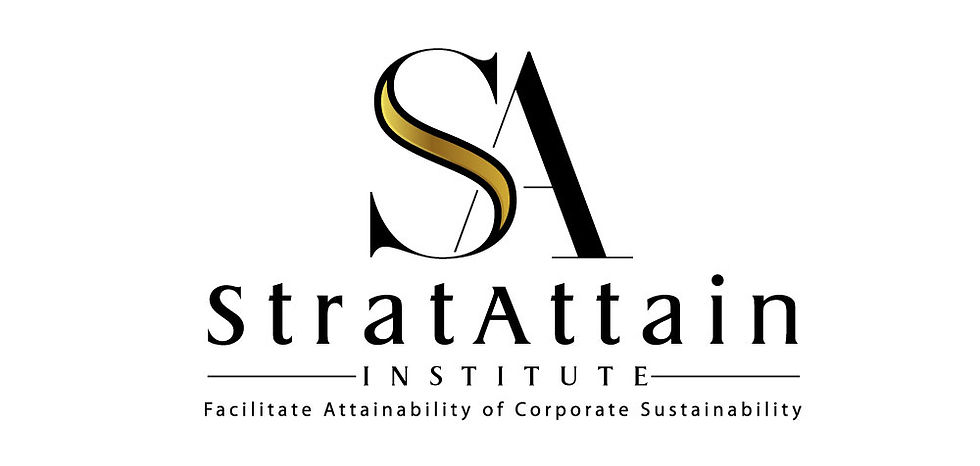Debating Corporate Sustainability and Its Relation to Responsibility
- Karamray Mursel
- Aug 17, 2025
- 2 min read
Updated: Dec 10, 2025
“People who take on such route of that a business has a social responsibility eliminating discrimination, avoiding pollution and whatever catchword it may be, are all modern-day crop reform where all, as mentioned before, triggered by a certain event. How can a business have responsibilities, when its essence is nothing but a separate entity? Only people have responsibility, (Friedman,1970).”
Challenging the Common Knowledge: Questioning the Relationship between Corporate Expectations and Employees' Performance
“Unfortunately, the large body of literature dealing with the connections, if any, between various aspects of corporate social performance or ethics, on one hand, and conventional financial and market performance indicators, on the other, does not translate easily into a stakeholder theory context. While social and financial performance studies have value, most lack reliable measures of stakeholder management, which is the key independent variable in the relationship.

A Paradox Approach of the Business-as-Usual: Employees are a Business Case for Corporate Sustainability.
If we clarify the association behind the undeniable confusion and lack of clear understanding of sustainable development, particularly its oxymoronic nature and its connection to corporate responsibility and sustainability, we reveal a paradoxical perspective. This perspective shifts attention away from normative and empirical arguments and instead highlights the inherent tensions and trade-offs involved in reconciling business with society.
I strongly agree. However, when applying a corporate sustainability strategy within an organization, whether an institution, corporation, or SME, a paradox perspective suggests that contradictory, yet interrelated elements can coexist and persist over time (Bansal & Song, 2017, p. 129). If this holds, then from a sustainable development perspective, management must establish a collective understanding of the necessary normative yet contradictory elements and values (social practice) and their impact on corporate expectations, as well as employee participation and engagement in Corporate Social Responsibility initiatives. This understanding forms the foundation of a Business Case for Sustainability Development and Management of employees. Organizations must assess sustainability by addressing three key questions: What needs to be sustained? What needs to be developed? And for how long?
Sustainability holds businesses accountable for global pollution, making the implementation of corporate sustainability more urgent than ever. Recognizing the paradox of sustainability, its relationship to socially oriented corporate practices, and its impact on employee perception and engagement can enhance employees’ performance within a corporate sustainability strategy.



